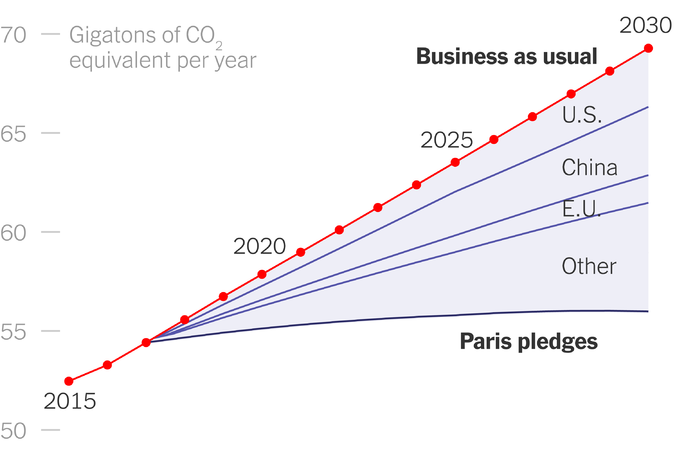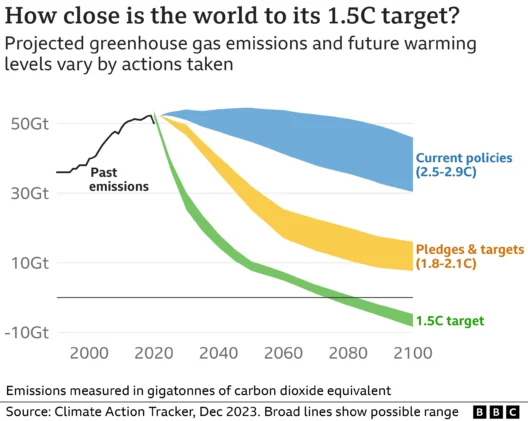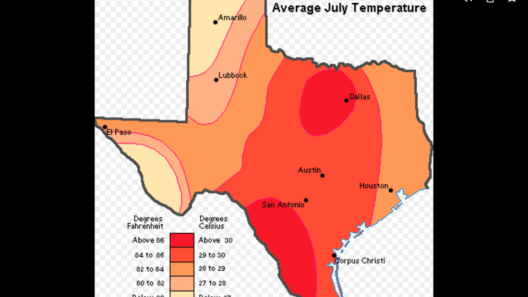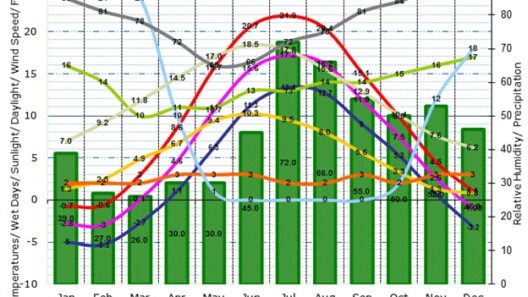The Paris Climate Accord, often encapsulated in the lexicon of environmental dialogues, represents an audacious commitment to a flourishing planet. This international treaty was designed to unite nations against a common foe: climate change. The Accord acts as a global safeguard, much like a gardener tending to a delicate ecosystem. It intricately weaves together the aspirations of over 190 countries, striving to protect our shared home while providing a framework for adaptation and resilience amidst the ravages of environmental degradation.
Launched in December 2015, the Paris Climate Accord stands monumentally as the symbolic backbone of global climate action. It emerged from the ashes of hindered negotiations, assembling the world’s leaders in a collective endeavor akin to a grand symposium of ideas. Delegates, scientists, activists, and citizens convened in the City of Light, gathering to confront the ominous specter of global warming. The Paris Agreement transcended mere rhetoric; it was imbued with meticulous intent, aiming to hold the increase in global temperatures to well below 2 degrees Celsius above pre-industrial levels—an ambitious target aptly illustrating humanity’s newfound resolve.
The gravity of the Accord lies not merely in its numerical targets, but in its governance structure, which emphasizes voluntary participation over coercive mandates. Every nation is entrusted with the innate responsibility to set its own ‘Nationally Determined Contributions’ (NDCs): bespoke pledges reflecting their unique socioeconomic conditions. This flexible framework echoes a symphony; each country, like a note in a complex melody, contributes to a harmonious collective endeavor. As nations unveil their action plans, they simultaneously nurture a culture of accountability, spurring one another towards increasingly ambitious goals.
However, an equilibrium exists between political ambition and verifiable action. The effectiveness of the Accord hinges upon a regular assessment mechanism that mandates nations to revisit and refine their commitments. This process is reminiscent of a steadfast ship navigating through turbulent waters, adjusting sails in response to changing winds. The scheduled meetings, known as the Global Stocktake, encourage nations to reflect on their progress, share innovative solutions, and implore one another to elevate their aspirations. The collaborative spirit embodied in the Accord is crucial as it transcends borders, recognizing that climate change is a relentless tide, indifferent to geopolitical delineations.
The Paris Accord functions not only as a bulwark against climate devastation but also as a catalyst for economic opportunity. The burgeoning sectors of renewable energy and sustainable technologies flourish under its aegis. Embracing the transition away from fossil fuels has the potential to unleash unprecedented innovation, akin to a phoenix rising from the ashes of obsolete practices. The renewable energy sector, exemplified by solar and wind industries, is already showing signs of economic prowess, driving job growth and reshaping financial incentives.Investments in green technologies are not simply altruistic; they are economically prudent, promising a return that outstrips traditional fossil-based ventures. The era of ‘green capitalism’ is upon us, enabling businesses to thrive while maintaining ecological integrity.
Yet, despite these alluring prospects, challenges loom large. The persistence of climate scepticism among some political spheres threatens to unravel the hard-fought gains of the Accord. Persistent rhetoric questioning the veracity of climate science can undermine collective resolve. It is critical to draw attention to the irrefutable data converging from multiple scientific disciplines, asserting a consensus that demands action. Engaging in informed discourse, evaluating empirical evidence, and drawing from historical precedents can empower citizens to rise above denialism. Climate action is not merely a policy; it is a moral imperative that transcends generations. The fate of future stewards of this planet rests on the fortunes of today’s battles.
Additionally, climate justice, an often overlooked aspect of the Accord, warrants urgent focus. The impacts of climate change disproportionately affect marginalized communities, particularly in developing nations. As wealthy nations pursue their path to sustainability, it is paramount that equitable resource allocation addresses these disparities. The principle of ‘common but differentiated responsibilities’ underpins the Accord, recognizing historical emissions and urging developed nations to provide financial support and technology transfer to those less equipped. Fairness must be the lodestar of climate action, as the burden of climate change should not rest unjustly upon those least culpable.
Ultimately, the resilience of the Paris Climate Accord lies entrenched in its ability to evolve, absorb challenges, and galvanize global action. It serves as a dialogue, a binding agreement that promises interconnectivity among parties, invoking a sense of stewardship that compels nations to rise above self-interest. The climate crisis presents an existential juncture; how humanity responds echoes far beyond the confines of boardrooms and international conventions—it reverberates through the very fabric of our biosphere.
The relevance of the Paris Climate Accord remains irrefutable. It serves as both an emblem of hope and a clarion call to action. Our planet begs for restoration, for healing, and for renewed commitment. The Accord epitomizes our collective aspiration to achieve a sustainable future, urging mankind to transcend its geographical, political, and ideological divides. It is imperative that nations do not just echo their commitments in solemn agreements, but breathe life into them through decisive, transformative actions that cocreate a healthier, more resilient world for generations to come.






